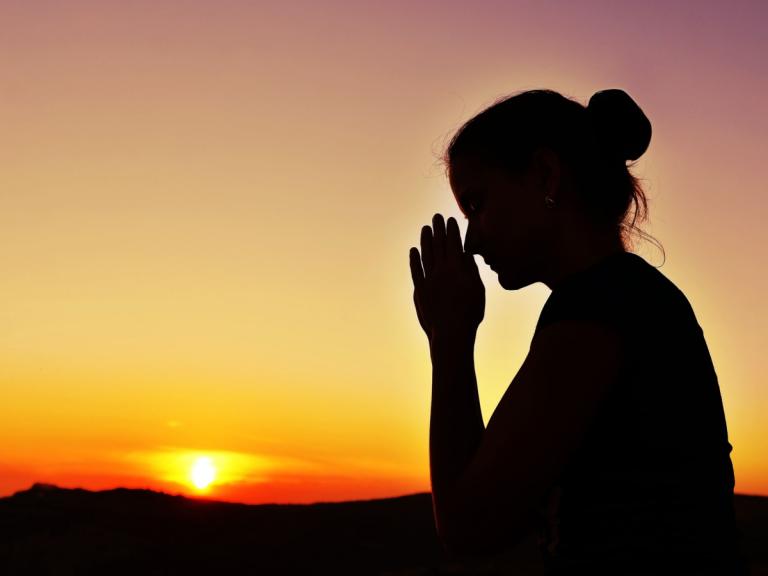
A recent study revealed that religious people tend to have better mental health results than their non-religious counterparts, a more pronounced phenomenon in more religious countries. In conjunction with the Radiant Foundation, Gallup released a new report called “Faith & Wellness: The Worldwide Connection Between Spirituality & Well-being.”
Based on interviews of 1.5 million people across 152 countries conducted as part of the Gallup World Poll from 2012 to 2022, the study compared scores of religious and non-religious people on indexes designed to measure an individual’s well-being. On the positive experience index, which asks people if they’ve smiled or laughed a lot, experienced enjoyment, been treated with respect, or learned something, religious people scored 69, slightly higher than the non-religious average score of 65.
The survey emphasized that “each one-point difference represents an effect for an estimated 40 million adults worldwide.” Therefore, the report claims, “An estimated 160 million more adults have positive experiences than would be the case if those adults were not religious.” Similarly, religious people had an average score of 77.6 on the social life index, while non-religious people had an average score of 73.7. The social life index measures whether people are satisfied with their “opportunity to meet people and make friends” and have people they can “call on” if they’re in trouble.
Religious people had an average score of 49.4 on the optimism index, slightly ahead of the non-religious crowds’ 48.4. The optimism index examines whether people feel positively about their lives in five years, if they think their standard of living is improving and if they think the local economy is improving. On the community basics index, which samples people’s opinions about their housing, infrastructure, and environment, religious people had an average score of 59.7, while non-religious people’s average score was 55.7. For three additional well-being indexes, the difference between non-religious and religious people showed no meaningful difference.
The likelihood to classify themselves as either “suffering” or “thriving” on the life evaluation scale and the local economic confidence index that measures people’s feelings about local economic conditions. Only on the negative experience index, which measures the frequency with which an individual experienced sadness, worry, anger, stress, and physical pain on the previous day, and the personal health index, which asked people if they had health issues, felt well-rested and felt physical pain, worry and sadness most of the previous day, did religious people score worse than the non-religious group.
In every well-being index examined, religious people scored better than non-religious in more religious countries, although there were no meaningful differences in scores on the negative experience index and the local economic confidence index. In moderately religious countries, religious respondents scored better on six out of nine indexes, including the optimism index, where the difference was not meaningful. In those countries, the non-religious scored higher than the religious on the life evaluation and personal health indexes.
The differences between religious and non-religious respondents’ average scores on the life evaluation indexes and the personal health index in moderately religious countries were not meaningful. In less religious countries, including the United States, religious people score higher on the community basics index than non-religious. In these countries, the non-religious score better on the negative experience and personal health indexes, mirroring the overall results.
